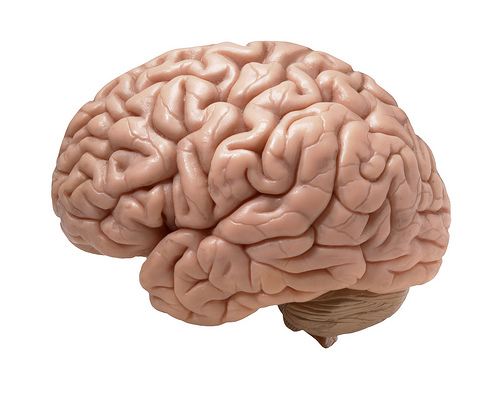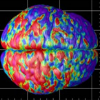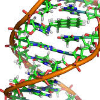In the famous case study of Phineas P. Gage, the importance of brain functioning in personality and behaviour was realized when Phineas had extensive damage to his brain in an accident, ultimately changing his behaviour drastically and impairing his functioning. In biological approaches to mental illness, emphasis is placed on mental disorders being attributed to disease, and the influence of structural damage to the brain and structural brain abnormalities is one of three approaches to this idea, the other two being biochemical imbalances and genetic abnormalities.

Image Credit: _DJ_
Hippocrates, a Greek physician, greatly influenced biological approaches to abnormal psychology due to his work regarding the idea that abnormal behaviour can be treated the same way other medical conditions are treated. Research in this area examines how different areas of the brain, such as the cerebral cortex and limbic system, influence our thinking, behaviour, and reactions to stress. Abnormalities in these areas can influence the development of mental illnesses such as depression. Regulation of emotions, which can be seen in cases of depression as well, can be impacted by neurochemical imbalances in the brain, further demonstrating the biological basis to mental illness. Lastly, genetics comes into play when certain genetic abnormalities exist in an individual, working together to cause a disorder.
Biological approaches continue to gain research into understanding human behaviour, and through this advancement and knowledge, new treatments for mental illnesses have been created, largely in the form of medicine to balance levels of neurotransmitters and hormones in the body. However, the biological approach can also be seen negatively because by only explaining abnormal behaviour as a physical cause, it ignores the affect of the environment and social influences. Furthermore, it is hard to explain why certain people with the same biological differences may not develop a disorder when another person does.
Due to the difficulty of studying biological factors in live humans, much research is done on animals, which may not be as generalizable to humans. Even so, biological approaches to mental illness remain popular and allow individuals to accept the idea that they have a disease and that their mental illness is not their fault.
© BrainMass Inc. brainmass.com July 25, 2024, 9:10 pm ad1c9bdddf


